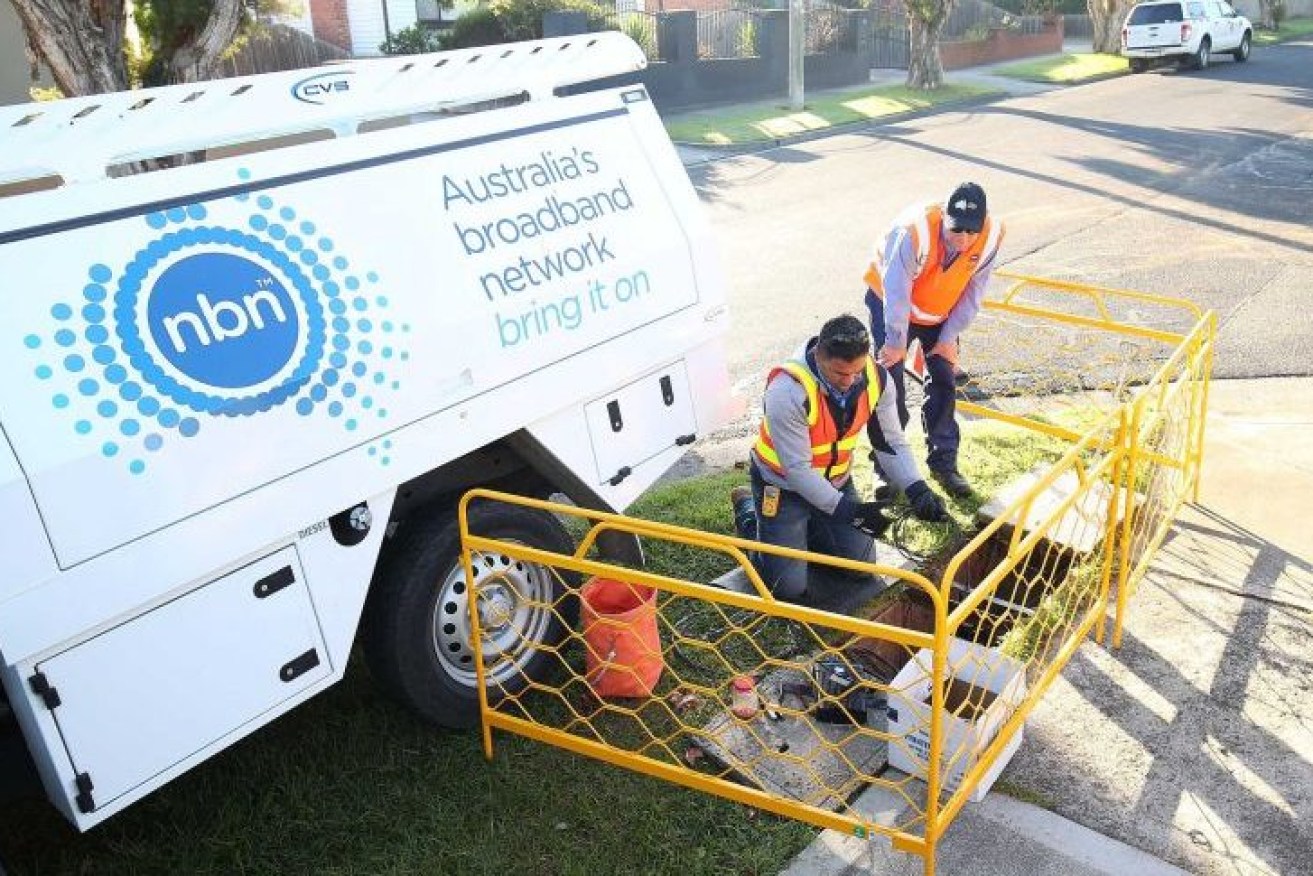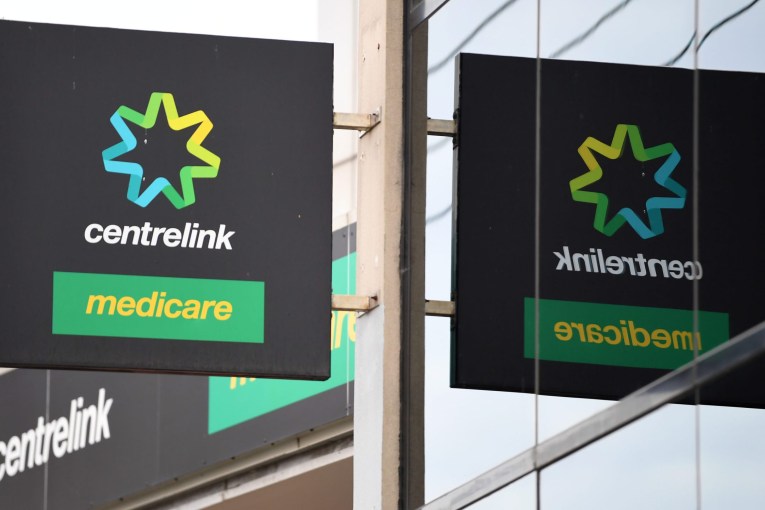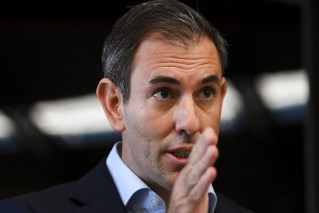A timely vision, but here’s why you’ll never be happy with your NBN service
Take the politics away and the NBN has delivered as a wholesale internet service provider that is moving Australia forward, writes Neil Glentworth


NBN has signed an offtake deal that will start development of a solar farm near Gympie. (Photo: Supplied: NBN Co)
Internet connectivity has never been more important. This very article is only possible because of your ability to read online. Most of you will be reading from a phone, perhaps sitting in a cafe, on a bus or train. The internet is truly ubiquitous, yet we are all guilty of criticism of anything telecommunications-related, most notably the National Broadband Network.
The National Broadband Network (NBN) was first seeded in 2007 as an election commitment by Kevin Rudd in opposition – you remember Kevin07? On winning the general election, the Rudd Government set about making NBN a reality for the meagre sum of $15 Billion. In 2009, after much fanfare, the NBN kicked off a nation-building project – the largest infrastructure project in Australia’s history … what could go wrong … said nobody.
Back in 2007, Netflix was still focused on its DVD business, Uber was not born, Facebook was in its infancy and the first iPhone had just been launched. While online services had grown in demand, nobody could yet articulate the real potential of the internet on our day-to-day existence. From the outset, NBN was politically contentious, a large infrastructure project that committed significant taxpayer money over numerous years. It was the subject of debate and ridicule by a broad range of stakeholders.
The original vision for NBN should be rightly praised. It was the right concept for the time although implementation was always going to be the issue. Given the population spread of Australia, the delivery of high-speed broadband was going to be a momentous challenge. With the pace of technology moving so quickly, NBN would need to act fast to be relevant.
Worse still, it was stepping on the toes of the growing technology and communications industry within Australia. As a company, NBN struggled to find its feet in the early years and many suspected it would fail.
In 2010, the first customers connected through NBN. In 2016, the United Nations declared the internet as a basic human right. By 2017, we had the iPhone 8, more than two billion users on Facebook per month, Uber was a feature of Queensland and Netflix claimed 7.6 million Australians used their streaming service.
Many traditional businesses did not see the demand for internet services whilst those that knew what was coming got busy getting their products and services to market. NBN was now faced with ever-increasing demand, rapidly changing technology, and the need for more investment.
We can all agree, the internet is generally a positive tool, but, like all good things, we always want more than is on offer. Economists have a term to explain this – the Jevons Paradox. It basically states that the better you make something, the more it will be used.
For NBN, this has been the challenge; our expectations have changed, and we now want everything “on demand”. We always want more than can be delivered. More speed please!
Take the politics away and the NBN has delivered as a wholesale internet service provider that is moving Australia forward. Could it have been better, different and cheaper? You bet it could, but it was never going to be easy to change the digital game.
During the peak of COVID-19, their network experienced a 63 per cent increase of internet traffic, and it did not break. Imagine COVID lockdowns without the internet!
Our ability to connect online is now vital. The global pandemic has shown us all that we can adapt. From social events to business; internet connectivity has never been more important.
New investments have now been made in NBN (with more political contention), and the private sector has advanced the next (fifth) generation of mobile communication. Known as 5G, the speed and capability on offer will again advance Australia even further forward. We are better serviced than any of us are willing to give credit.
Telecommunications is critical to our future social and economic wellbeing, and while there is more work to do, we are well placed by the investments made. We must now shift our focus from the infrastructure technology and direct our energy into the value connectivity creates for our lives.
So, the next time you are angry at your internet provider, just remember, you will never be satisfied as supply rarely keeps up with demand when something is that good.
Neil Glentworth is the founder and chairman of information and data management company GWI and executive chairman of technology and consultancy firm Redman Solutions












